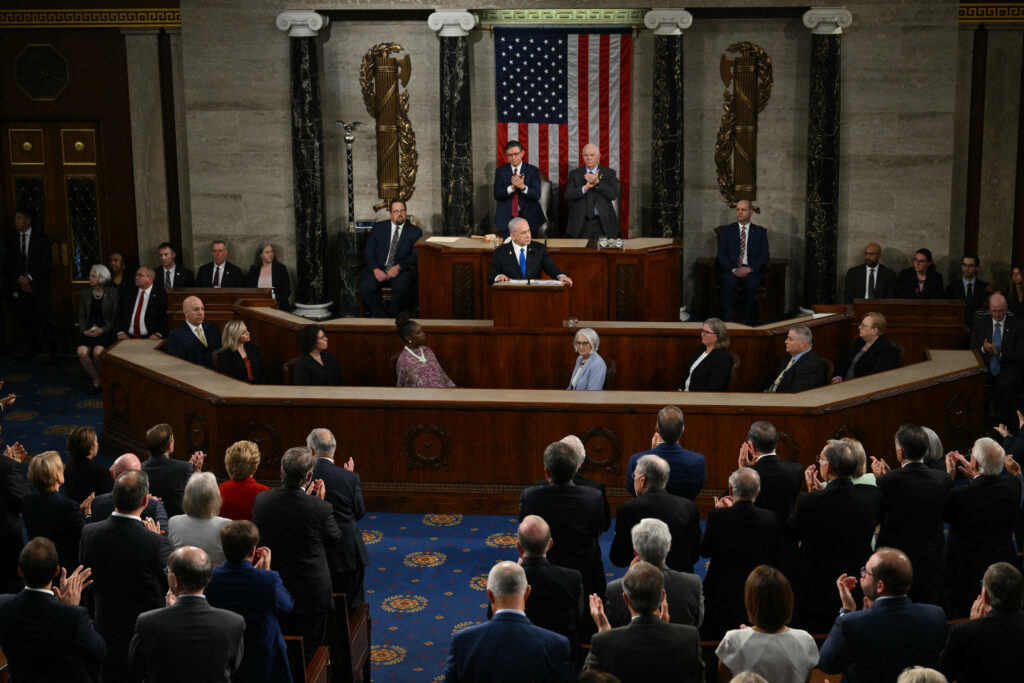Given the recent decrease in oil prices, both Saudi Arabia and the UAE have introduced value-added tax (VAT) measures in a bid to increase non-oil revenues. Senior Research Fellow Linda Matar comments on how the GCC states should not only worry about their fiscal policies, but also channel efforts into greater social outcomes.
Fiscal reforms in the GCC: Saudi Arabia and UAE introduce 5% VAT in early 2018
- - April 13, 2018

Pursuing their programmes of accelerated fiscal reforms, both Saudi Arabia and the United Arab Emirates introduced 5% value-added tax (VAT) in January 2018, aiming to raise their non-oil revenues and consolidate their fiscal positions. Whether or not the introduction of the VAT will contribute to improved social implications will depend on the mechanism of domestic resource mobilisation.
Since 2015 and following the drop of international oil prices, GCC countries have faced difficult fiscal situations. As a result they have reformed their fiscal policy instruments, aiming to diversify their revenue sources and finance their budget deficits. The introduction of new taxation scheme is thus part of other measures that have been enacted by some GCC states which include the issuance of sovereign bonds, the gradual lifting of subsidies, and the partial privatisation of state assets.
There is no doubt that indirect taxation will generate funds to the government, but GCC states should not only focus on the economic benefits of such reforms (fiscal deficit reduction) but also take into consideration their redistributive effects. Tax revenues should be channelled into capital and social spending in order to ensure the generation of pro-poor outcomes. Additionally, GCC states should consider introducing direct and progressive taxation on personal income and corporate gains especially when some do not levy any income tax. Nevertheless, the limitation of promulgating such a fiscal measure that constitutes the core of progressive fiscal policy remains mainly political.
More in This Series
More in This Series
- Jean-Loup Samaan
- - July 11, 2024
- Aisha Al-Sarihi, Ehsan Rasoulinezhad, Jinseok Sung
- - June 20, 2024








